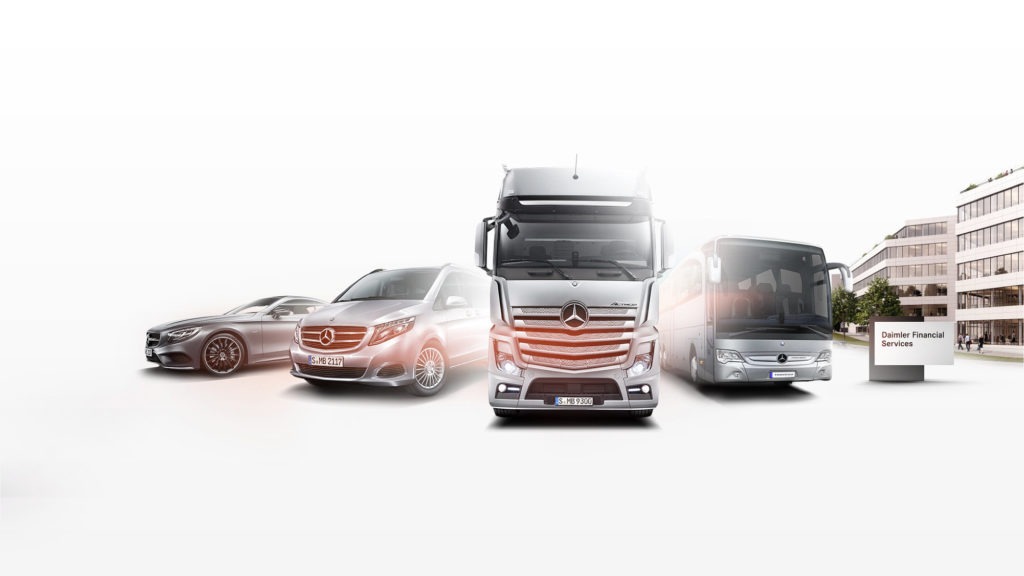Daimler latest to move funding into R&D for future technologies
01 February 2018

01 February 2018
German vehicle manufacturer Daimler has warned that its profit growth will be slower this year as it needs to spend on research and development of new technologies.
With development work required by more manufacturers for EV ranges, together with the need to research autonomous technology to ensure they’re not behind others, companies are looking to amend their spending profiles to cover the increase in costs.
Daimler announced its 2017 annual results in a press conference, with Q4 earnings flat at €3.5 billion. This was affected by a diesel recall that cost the manufacturer €425 million throughout the year. Overall, the company’s revenue grew 6% to €43.6 billion for the full 12 months. The quarterly return on sales through its leading Mercedes-Benz brand shrank to 1.7%, even as sales rose 4% compared to 2016.
An expected rise in unit sales and revenue in 2018 would be countered by spending on new cars and technologies, the German automaker said, forecasting earnings before interest and tax (EBIT) would come in at a similar level to 2017 for its car business and the group as a whole.
′Our outlook is dampened by currency exchange rates, as well as another expected rise of spending demands,’ CEO Dieter Zetsche said at the company’s annual press conference in Stuttgart.
′We are making use of our technological expertise and the profitability of the core business to tackle the major issues of our industry’s future. We describe them with the acronym CASE. That stands for the combination of connectivity, autonomous, sharing and electric mobility,’ said Zetsche. ′So it’s about nothing less than the reinvention of individual mobility.’
Against this backdrop, research and development expenditure was increased in 2017 from the already very high level by another 15% to €8.7 billion. In order to implement the growth strategy with new products, innovative technologies and modern production facilities, the innovation offensive will be pushed forward in the coming years, with a focus on the future areas of CASE.
Daimler plans to invest €10 billion to release ten new electric vehicles by 2022, even as demand for battery models remains low. To help this development, the company is planning to reorganise its business in order to unlock finance.
Earlier in 2017, BMW announced it was diverting funds from developing vehicle options to research new technologies, while Ford also stated it would pull money away from traditional engine development and move it into its work on electric vehicles and autonomous driving.
Meanwhile, Daimler said it had suspended an employee and hired an external law firm to investigate the activities of a controversial research group that funded experiments that forced monkeys to inhale toxic emissions.
Daimler reiterated that the company was ′appalled by the nature and implementation of the studies and their implementation.’
′The Board of Management of Daimler AG has decided to suspend the employee, who was a member of the board of EUGT,’ Daimler said, referring to the European Research Group on Environment and Health in the Transport Sector (EUGT).
Photograph courtesy of Daimler